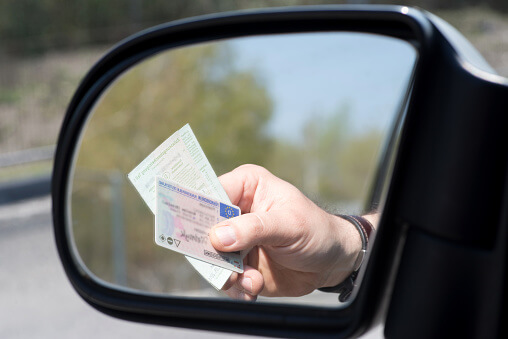Ever seriously considered moving to the Netherlands as a foreign person and working there full-time? Then, you’ve most likely heard about the 30% ruling for international people in the Netherlands. The Netherlands is a highly attractive country for expats to live and work — but the Dutch 30% ruling is arguably the most enticing.
In addition to receiving 30% of your salary tax-free, Here are Top 9 Important Benefits of the Dutch Ruling and that too for both employees and the employer as suggested by the Dutch Tax Administration.
Top 9 Important Benefits of the Dutch Ruling in the Netherlands
Benefits of the Dutch ruling for employees
The benefits of the 30% ruling for an employee are as follows:
- Partial non-resident status
Under the 30% ruling you can opt for partial non-residency status. This means that, even while residing in the Netherlands, you will be considered to be a non-resident taxpayer in Box 2 and Box 3 of the Dutch tax return form. However, you will still be a resident for Box 1 income. This also applies to all family members registered at the same address as the holder of the 30% ruling. - Lower taxable basis and effective tax rate.
An employee will only be taxed on 70% of his income from current employment as 30% is considered as a tax free allowance. As a result, the Dutch (maximum) personal tax rate on the employment income is reduced from 51.75% to 36.23% The benefit of the ruling can favour employees (higher net income) or employers (reduction of salary costs). - Driver’s License
If you have a foreign driving licence, in most cases you will have to retake the driving test in order to obtain a Dutch licence. However, if you benefit from the 30% ruling, you can switch your foreign driving licence without retaking the test. - International school fees.
Subject to conditions international school fees for children may be reimbursed tax-free by an employer in addition to the 30% allowance. Considering the significant contributions involved, this can result in a substantial saving. Where employers do not reimburse the school fees, employer and employee can agree to a salary sacrifice scheme that is often beneficial to both. - Reimbursement for costs incurred abroad: Costs incurred outside of the Netherlands due to the transition process of the international employee may be reimbursed. A few examples of these costs include:
i. Relocation expenses at the beginning and end of the assignment period
ii.Cost of living components included among other meals, gas, water and electricity.
iii. Expenses for medical examination and vaccinations for the stay in the Netherlands.
iv. Application for official personal documents, such as residence permit, visas and driving licenses.
v. Extra expenses for tax advice.
vi. Professional education expenses in connection with employment (such as Dutch language classes)

30% Ruling for employees
The 30% ruling can also be beneficial for employers. Below is a summary of the main benefits:
- Attracts more employees, even from abroad!!
With the same salary costs, employers are able to offer employees from abroad a more attractive net salary. - Reduction of salary costs.
Or employers can reduce their own salary costs, for instance in case of net salary arrangements or agreeing on a lower gross salary (since the net salary is still higher than local employees). We refer to our calculation tool (available soon, you can call us for a calculation in the meanwhile) that compares the net salary with and without the 30% ruling. - Reduction of social security costs.
The reduction of salary will decrease the basis for social security contributions. When the salary is below € 55,927 (2019) the Dutch social security savings can be as much as approximately 20% of the difference between the reduced salary and the threshold of € 55,927 above which no contributions are due. - Reduction of company pension costs.
Similar as for social security, savings may be obtained for (Dutch) company pension contributions, as due to the salary reduction the pensionable salary. The build-up of pension rights will be lower and, as such, the employee and employer contribution would also be lower. Next to these consequences, a lower pensionable salary also influences the build-up of widow and orphan pension rights.
In this respect, note that from a tax point of view there are no limitations, but it depends on the Dutch pension scheme whether it is allowed to build up pension on part of the salary that is received as a tax free reimbursement. This must be fine-tuned with the pension insurer.
Example of the 30% ruling:
- An employee who is 35 years old receives a salary of €1000,000. This employee does meet the minimum salary requirement to receive the full 30% ruling. After taking into account the 30% ruling his taxable salary will be €700,000. In addition, he receives a tax free allowance of €300,000.
- An employee who is 35 years old receives a salary of €50,000. If the 30% ruling would be taken into account in full, his taxable salary would be €35,000. This is lower than the mandatory salary and therefore not allowed. In this case, he would only benefit from the 30% ruling partially, for a maximum amount of (€50,000 -/- €36,889) €13,111.
To get more clarity on the system, Checkout Dutch 30% Ruling Explained | What is the Dutch 30% Ruling and What has Changed in the Dutch 30% Ruling from 2019 to 2021?